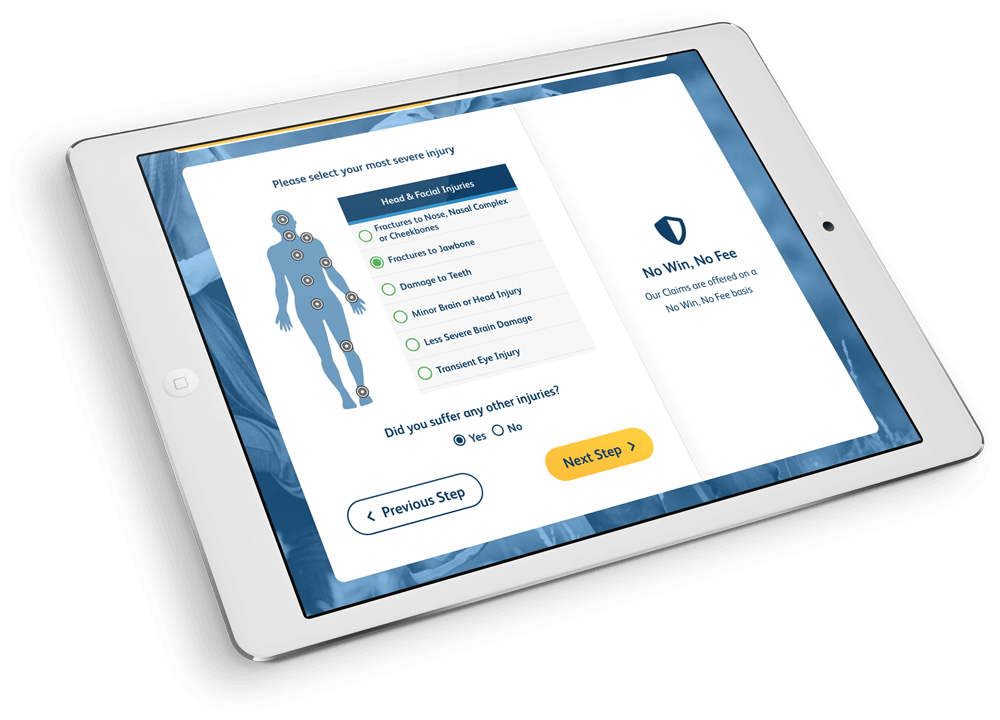Surgical errors – UK among worst ranked Western nations
A report by the Organisation for Economic Co-operation and Development (OECD) shows that hospitals in Britain are amongst the worst ranked in the Western World for leaving surgical instruments inside patients. The report shows that in the UK there are 5.5 cases for every 100,000 patients discharged from hospital – the sixth worst record among industrialised nations. The UK rate is three times that of Poland (1.9 cases per 100,000) and twice that of Slovenia (2.9 cases per 100,000).
According to the Telegraph, the NHS classifies such incidents as ‘never events’, as they should be avoided by a process of checks. However, in 2014/15 there were 102 cases of medical equipment such as swabs, dressings, and parts of hypodermic needles being left inside patients. Not only can this increase the risk of complications such as infections, but can also result in organ failure.
The report from the OECD highlights the increased risk of foreign bodies remaining inside a patient under conditions including emergency surgery, unplanned changes in procedure, and changeovers of staff during operations. The report also states that the chance of such errors occurring can be reduced through improved communication between surgical teams, and through performing ‘counting’ checks on surgical instruments after surgery.
The data, which compares 16 OECD countries, shows that Belgium records the fewest cases of surgical equipment remaining inside a patient following surgery, with 0.5 cases per 100,000 hospital discharges. The study also shows that Switzerland has the worst rate, with 11.6 cases per 100,000.
Joyce Robins, Co-Director of pressure group Patient Concern, has stressed that more needs to be done to protect patients from such risks:
read out loud and ticked off at the end of each surgical procedure.
“It should not be a matter of pot luck whether
some instrument is left inside the patient.”
In 2009, a mother of four received keyhole surgery at Alexandra Hospital, Worcester. The patient said that she suffered “excruciating” pain for several months following the surgery. The woman was sent for an MRI scan. The magnetic field from the scan caused something inside her body to move. The scan was stopped when the patient started screaming with pain. An X-ray revealed that seven inch forceps had been left inside her for three months following her operation.
Katherine Murphy, Chief Executive of the Patients Association, said:
but its clinical performance is achieved against
day in day out pressure on its staff.
“The fact that the OECD statistics show that Britain has such a disappointing
record for leaving instruments in patients after surgery is clearly
regrettable but not overly surprising given the strain and
fatigue they suffer in such working conditions.”
A spokesman for NHS England told the Telegraph:
NHS the safest healthcare system in the world and have one of the most
open and transparent reporting systems in place. We are working hard
to identify practical ways to ensure such errors are eradicated.”
If you have experienced surgical negligence, our expert team of medical negligence solicitors is available to answer any queries that you may have about your right to personal injury compensation. Remember, we offer you a FREE no-obligation telephone consultation.
For further information about surgical negligence, and to find out how our expert Medical Negligence Team can help you, call today on 0151 242 1025 or email
Source: Telegraph





